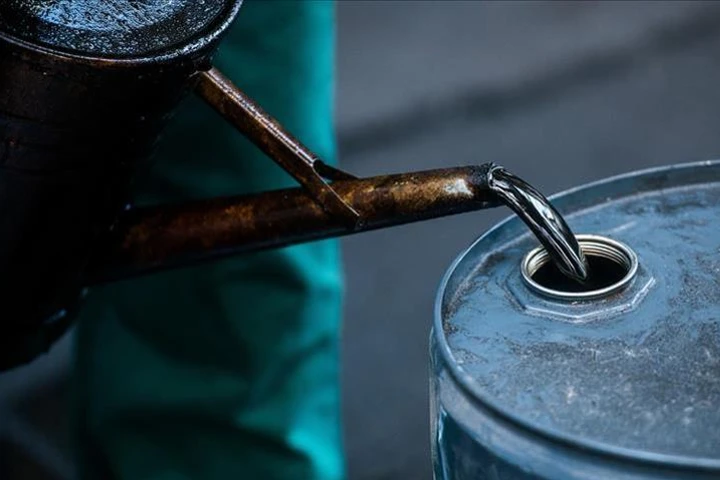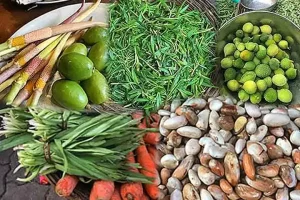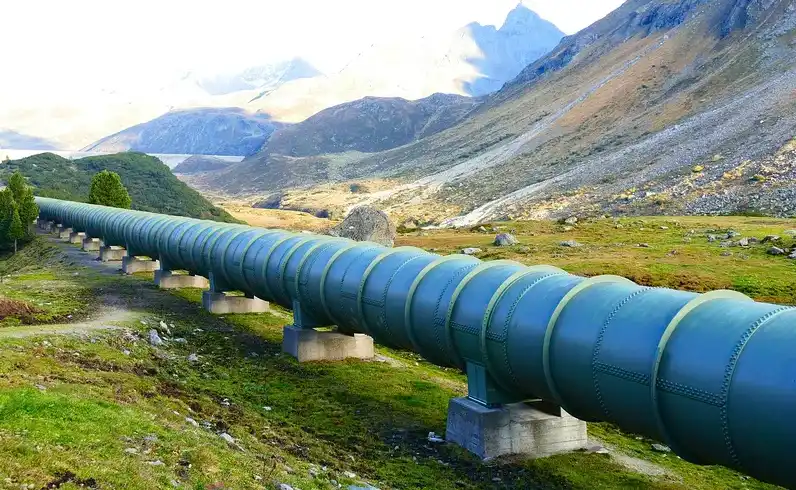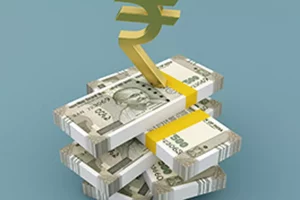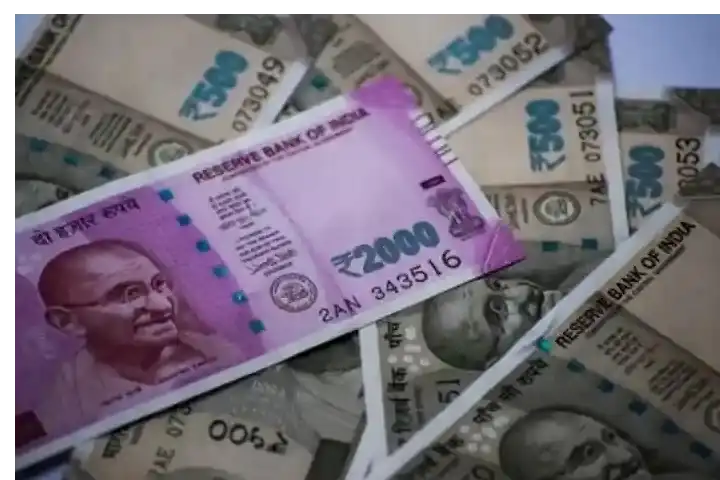Europe’s energy crisis will get worse. Russian energy major Gazprom’s decision to halt gas flows to Europe from August 31 till September 2 has added to the alarm. The continent, which is currently in the grip of an intense heatwave, will have to brace for a tougher winter with uncertainty over energy supplies increasing.
Though Gazprom has said that the shutdown of the Nord Stream pipelines is necessary for maintenance, tension between Russia and Europe could further intensify.
While Europe was looking at Venezuela as an alternative to Russia, the South American nation has now decided to halt shipment of crude into the continent. The country, which is struggling to maintain its own refineries, had restarted supplies to Europe after a gap of two years of US sanctions after a deal was struck facilitating trading oil for debt relief. However, it is now no more interested in the oil-for-debt deals. It has instead sought refined fuels from producers in Italy and Spain in exchange for crude, to help its refineries which have been hit by lack of investment and even repairs.
According to Oilprice.com, refined fuels would help them to get back on their feet in terms of energy and industry.
Meanwhile this is the second time in a span in less than two months that gas supplies from Russia through Nord Stream have been halted. In July Nord Stream 1, the key gas pipeline in Europe had been shut for maintenance from July 11 for 10 days. Nord Stream 1 and 2 are natural gas pipelines, running through the Baltic Sea that are critical for securing energy security in Europe.
Even as global oil prices have eased considerably in the last few weeks, the shortage could once again push up global energy prices in the coming months.
On Monday, the price of global WTI crude — world’s most actively traded commodity – was just a little over $91 per barrel. Brent crude traded at over $97 a barrel.
How will India be impacted?
An analyst told India Narrative that New Delhi, which imports more than 80 per cent of its total oil requirements, needs to be watchful. Though India has been sourcing a chunk of its energy needs form Russia at a discounted price, hardening of crude prices globally will directly impact inflation. India’s retail inflation in July eased to 6.7 per cent on the back of a drop in food inflation to 6.8 per cent. In June India’s inflation was 7.01 per cent in June. An Economic Times report said that analysts are expecting the country’s inflation to drop below the 6 per cent mark by the end of the current fiscal.
Shaktikanta Das, Reserve Bank of India Governor noted that India’s inflation is “unacceptably and uncomfortably” high and the challenge will be to guide it to the pre-targeted 4 per cent.
India, the third largest oil consumer in the world.
Also read: The rise of King coal as energy crisis hits Europe
After the Ukraine war, is Europe now staring at a food crisis?






